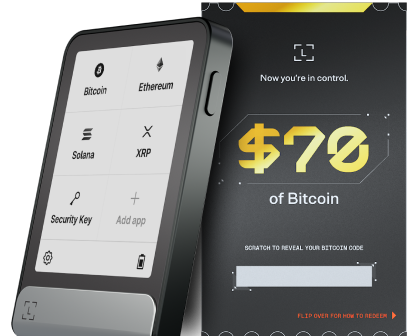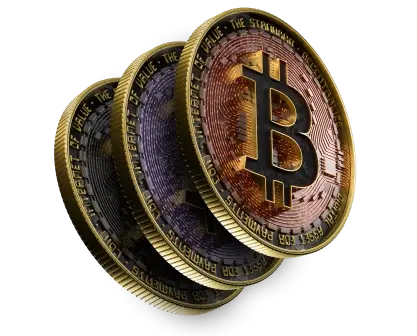Thought leadership | 04/02/2020
Money Heist – What does Centralization and Decentralization Mean for Money?

The new season of La Casa de Papel is about to be released. In light of this, we’re taking a moment to compare centralized and decentralized finance – and why we strongly believe in the latter.
In Netflix’s hit series La Casa de Papel (also known as “Money Heist”), a group of individuals join forces to focus on institutions and alleviate them of all of their (and their clients’) hard earned money. As they’re centralized, they make for a much more alluring target. This begs the question: how do decentralized platforms compare to the traditional centralized ones?
Centralized and decentralized – what does this mean?
Centralized – as its name implies – means there’s a central point where everything is stored. For many companies, their data is for example stored on their server – a centralized storage solution. With finance, we can often find these examples within traditional institutions (banks, reserves etc.). There’s usually a central authority governing these, deciding how everything is managed.
Decentralized is the exact opposite. Rather than storing everything in one place, decentralized systems disperse everything into a lot of different places. An example for data storage would be Blockchain technology – where data is held throughout everyone participating in their network. For finance, this can currently only be seen in cryptocurrencies. There’s not a single central authority in charge in case of a decentralized financial system.
What are the benefits and pitfalls of each?
Security is one of the elements where centralized financial institutions can struggle. This emerges from the simple fact that they’re a central storage space for a lot of people’s money, meaning there’s an enormous potential loot for thieves. This makes it an enticing target, and thieves know exactly where to go to steal this. Decentralized money has an upper hand here: each individual actually owns their own money and it’s not all kept in one place. Targeting individuals would never be as lucrative, though individuals do need to assure the security of their own assets themselves.
Decentralized platforms also have a clear advantage when it comes down to financial freedom. In centralized financial institutions, a central authority who actually owns all the money and controls the access to it. A great example of this is how you can generally only withdraw a limited amount of money. With decentralized money, you are in complete control of your own cash. You can send it whenever you want, to whomever you want without any central authority able to stop you.
For responsibility in case of a loss, it’s a bit of a different story. Since money left with centralized institutions is actually in their possession, they are also responsible for it. As such, they tend to be insured… up to a certain amount. Above a certain threshold, it’d no longer be covered and simply considered lost.
In a decentralized platform, you are in complete charge of your own money. This also means that you carry the responsibility in terms of security. If your money is lost or stolen, that’s it – it’s gone. This is why you must make sure to safeguard it properly.
That’s where we come in
As previously mentioned, we currently only see decentralized financial platforms in the world of cryptocurrencies.
At Ledger, our mission is to provide top notch security for your critical digital assets. By providing cutting edge technology to secure crypto assets like Bitcoin, we empower everyone with bank-grade security for individuals.
By maintaining such a high level of security, even the one downside of decentralized platforms is annulled.





























